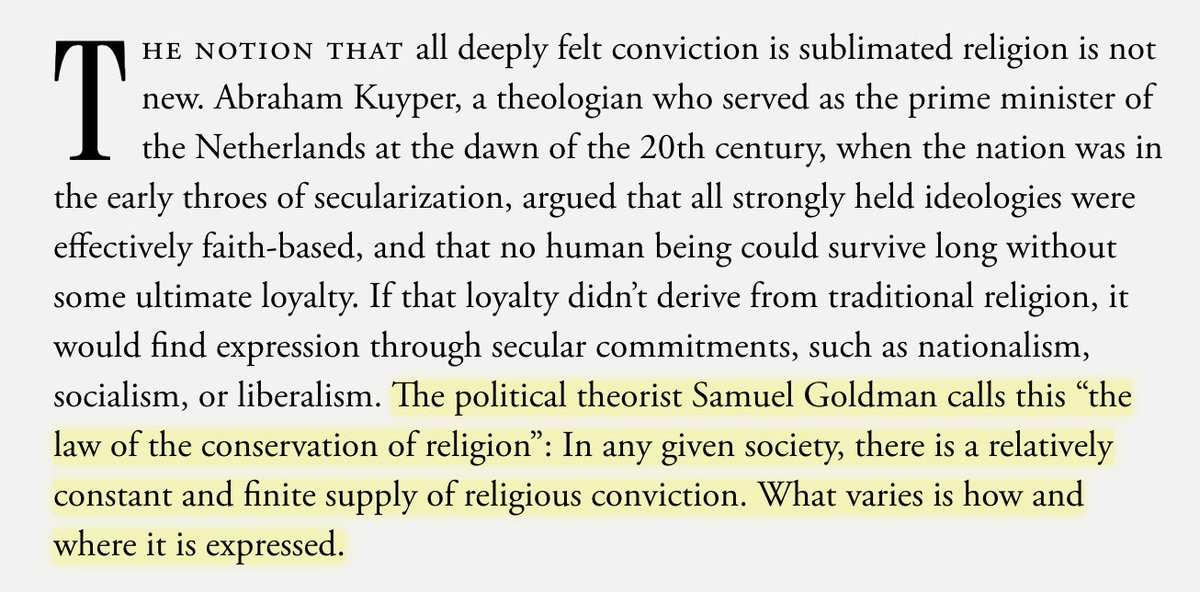
Yes, I know people like this. And I worry about them. Who would have thought, irrationality and science going hand in hand? COVID absolutism is its own kind of fanaticism. If you're going to believe in something (and everyone believes in *something*) this is one of the options
https://twitter.com/Louise_m_perry/status/1373707846228054021
Then there are more normal examples of COVID absolutism. In weeks when daily cases were only *50* in a city of half a million, I knew young people with no health conditions who refused to do outdoor dining without a mask
The misinformation around indoor dining was interesting as well, where people would act like it was the most dangerous thing imaginable. To my knowledge, very few (if any?) DC restaurants closed down in recent months due to tracers finding indoor transmission as the source
COVID shaming gives people a sense of a control (and moral superiority to boot) when everything otherwise seems out of control. So it's not about science, to be fair, but about creating structure, meaning, and coherence
This is why COVID absolutism is often itself a form of extreme individualism, rather than communalism as was first assumed. What is more individualistic than the belief in complete personal agency, that bad outcomes can be forestalled through sheer force of will?
As @aaronsibarium writes:
"Conventional wisdom is that [US] couldn't lock down properly due to its excessive individualism. But interviews with a broad swath of lockdown skeptics suggest the opposite: lockdown skeptics are less individualistic" freebeacon.com/coronavirus/th…
"Conventional wisdom is that [US] couldn't lock down properly due to its excessive individualism. But interviews with a broad swath of lockdown skeptics suggest the opposite: lockdown skeptics are less individualistic" freebeacon.com/coronavirus/th…
• • •
Missing some Tweet in this thread? You can try to
force a refresh



